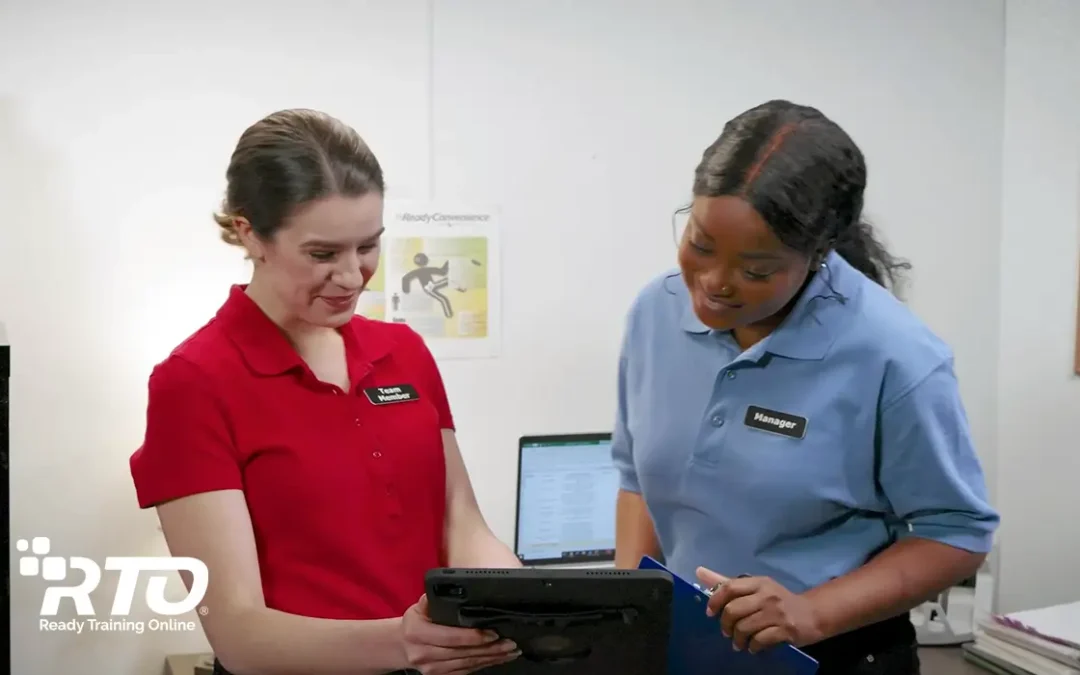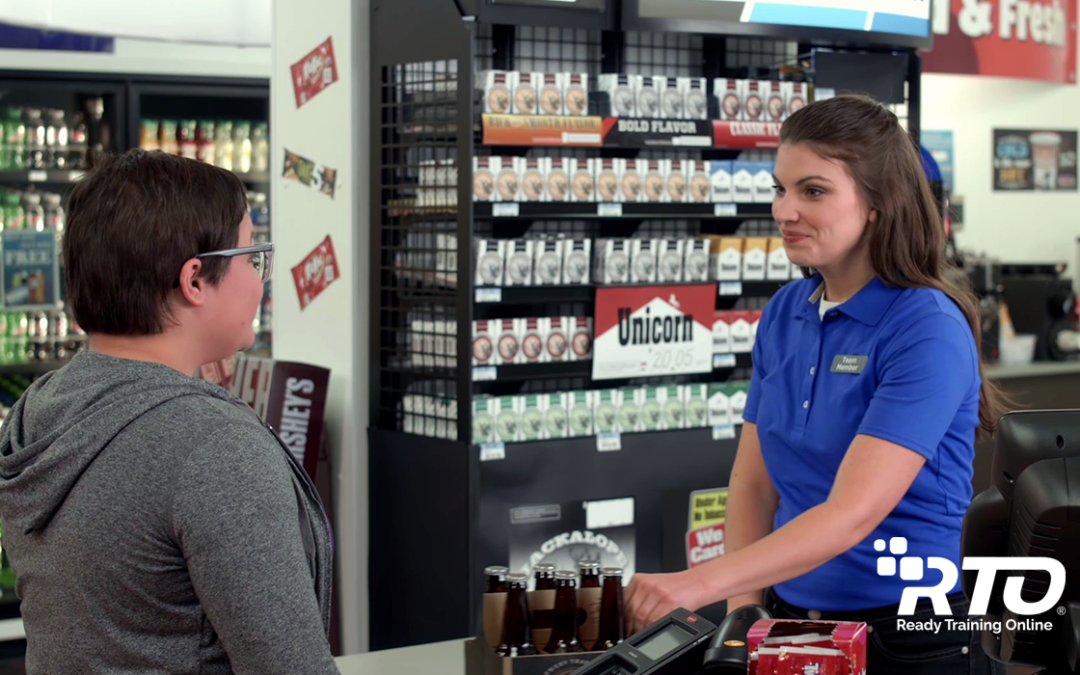Performance reviews are an important element of employee development, growth, and advancement. These reviews can sometimes be dreaded by both managers and employees alike, but it’s time for that to change. Reviews don’t have to be difficult or awkward. As a convenience store manager, the way you organize and conduct reviews can turn them into something you and your employees look forward to. Check out these 10 characteristics of effective performance reviews.
- Frequent. Employees need to hear specific feedback far more often than just once a year. Companies that have successfully revamped their employee review process have gone to quarterly reviews with even more frequent check-ins. This makes reviews more efficient, focused, and actionable.
- Honest. The only way for a review to make an impact on future performance is for you to be honest and expect honesty in return.
- Collaborative. Reviews must be two-way conversations. Ask questions of your employees. Listen as much as you speak. Even when you need to address gaps in performance, determining the best corrective action should take a collaborative approach.
- Goal oriented. Employee development never ends. It is a continual process that progresses from one goal to the next. Keep your performance reviews focused on what employees need to reach their next set of goals, and talk about the goals they’ll be working toward next.
- Organized. Reviews must have clear boundaries. As a manager, you should know what you’re going to say and how you’re going to say it. This applies to both negative and positive feedback. It’s not uncommon for tangents to come up during a review, but you must work to stay focused on and on task.
- Supported by a training plan. Performance evaluations are about employee development, and employee development is tied to your convenience store training program. Devote time in the review to discuss modifications to the employee’s custom learning path.
- Predictable. Employees should not be surprised by anything that’s discussed in their review. This is especially true with negative feedback. If an employee needs to be coached on a particular store policy, don’t wait for their review to do it.
- Forward thinking. The term “review” can be misleading. A performance review should be more about what will happen after the review rather than what happened before it.
- Objective. You have an ethical – and in some ways legal – obligation to leave your personal bias at the door when you conduct a performance review. You must apply performance standards fairly and consistently to all employees.
- Self-reflective. The most effective leaders look to themselves when their teams fall short of expectations. Employee performance reviews – even largely positive ones – present the same opportunity. Ask employees how you or the company’s policies or procedures affect their performance in both positive and negative ways. End every review with “How can I help you be your best?”
Want more insight on employee performance reviews? Listen to the “Performance Reviews: Can You Handle the Truth” episode of our Culture of Convenience podcast.





